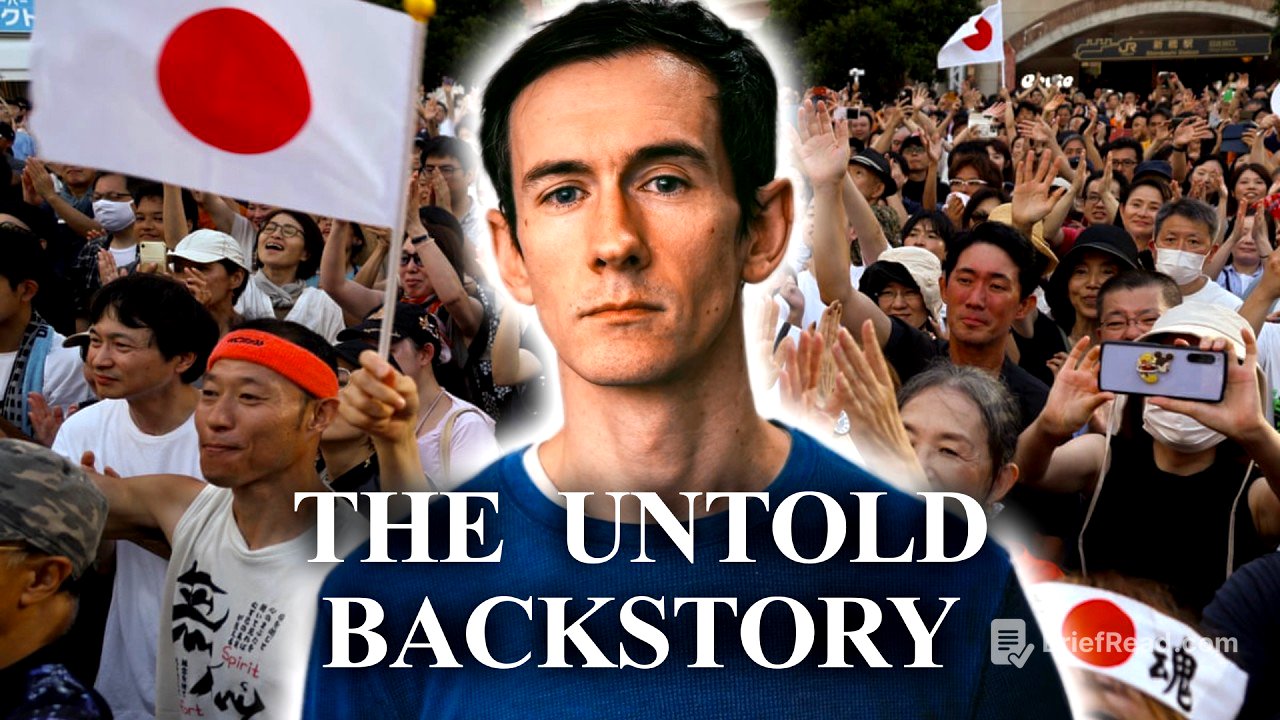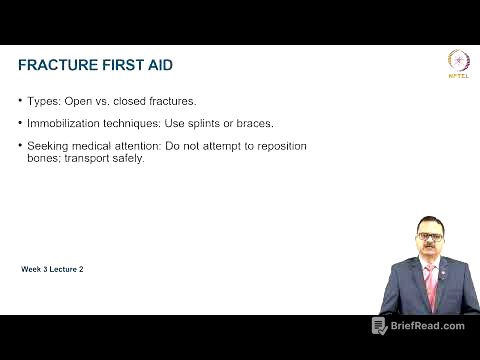TLDR;
The video addresses concerns about Japan losing its identity due to economic issues, immigration, and overtourism, as well as the rise of anti-foreigner sentiment. It examines the recent gains of the Sanseito political party, often labeled as far-right, and explores the underlying reasons for their increased support. The video also discusses the Unification Church scandal involving the Liberal Democratic Party (LDP) and how this has influenced voter sentiment. It emphasizes the importance of understanding the context behind these issues and avoiding overly pessimistic conclusions. The video also highlights the positive interactions between foreigners and Japanese conservatives, urging viewers to rely on personal experiences rather than social media portrayals to form their opinions about Japan.
- The Sanseito party's rise is not indicative of a complete shift in Japanese politics, as they hold a small percentage of seats.
- The Unification Church scandal significantly impacted voter sentiment and contributed to the LDP's loss of support.
- Social media plays a crucial role in shaping perceptions of Japan, often distorting the reality of positive interactions between foreigners and Japanese citizens.
Introduction: Concerns About Japan's Identity [0:00]
The video begins by addressing a viewer's concern about Japan potentially losing its identity due to economic struggles, increased immigration, and overtourism. Post-COVID inflation has hit Japan hard, causing the yen to plummet and increasing the cost of essential imports. This has led to a surge in tourism, with businesses in tourist destinations raising prices, sometimes pricing out locals and creating areas that feel more international. These issues, combined with sensationalist content portraying Japan negatively, have fueled concerns about the country losing its identity.
The Rise of the Sanseito Party [2:47]
The video examines the rise of the Sanseito, a new political party with a "Japanese people first" agenda. While media outlets often characterize the party as far-right or ultra-conservative, it's important to note that they only hold 6% of the seats in the House of Councilors. The party gained seats by capitalizing on unease over immigration and overtourism, using rhetoric that warns against a "silent invasion of foreigners." However, the video argues that this rhetoric is used to fearmonger and group different kinds of foreigners together for political gain.
The Unification Church Scandal and Its Impact [5:49]
The video provides additional context by discussing the Unification Church scandal involving the long-dominant Liberal Democratic Party (LDP). The assassination of former Prime Minister Shinzo Abe revealed his and many other LDP officials' ties to the Unification Church, which has been described as a cult-like religion. The church has a history of exploitative practices in Japan, including funneling large sums of money to its headquarters in South Korea. This scandal has deeply frustrated many Japanese voters and contributed to the LDP's loss of support in the recent election.
Social Media and Perceptions of Japan [11:02]
The video highlights the role of social media in shaping perceptions of Japan. The Sanseito's success is attributed to their effective use of social media, while other parties lag behind in this area. The video also points out that while there is "Japan is cooked" content circulating online, there is also a significant amount of content showcasing foreigners celebrating and appreciating Japanese culture. The video emphasizes that the members of the two groups social media has framed as utterly incompatible are often best friends in real life.
Conclusion: A Call for Balanced Perspectives [15:09]
The video concludes by urging viewers to avoid relying on the distorted lens of social media and instead focus on their personal experiences to form their views on Japan. It emphasizes the importance of lowering the temperature of conversations and avoiding hyper-polarization. The video suggests that engaging with Japanese culture and people can help prevent the country from becoming the "hellscape" portrayed by sensationalist media.









